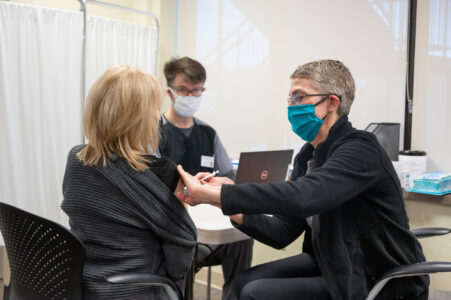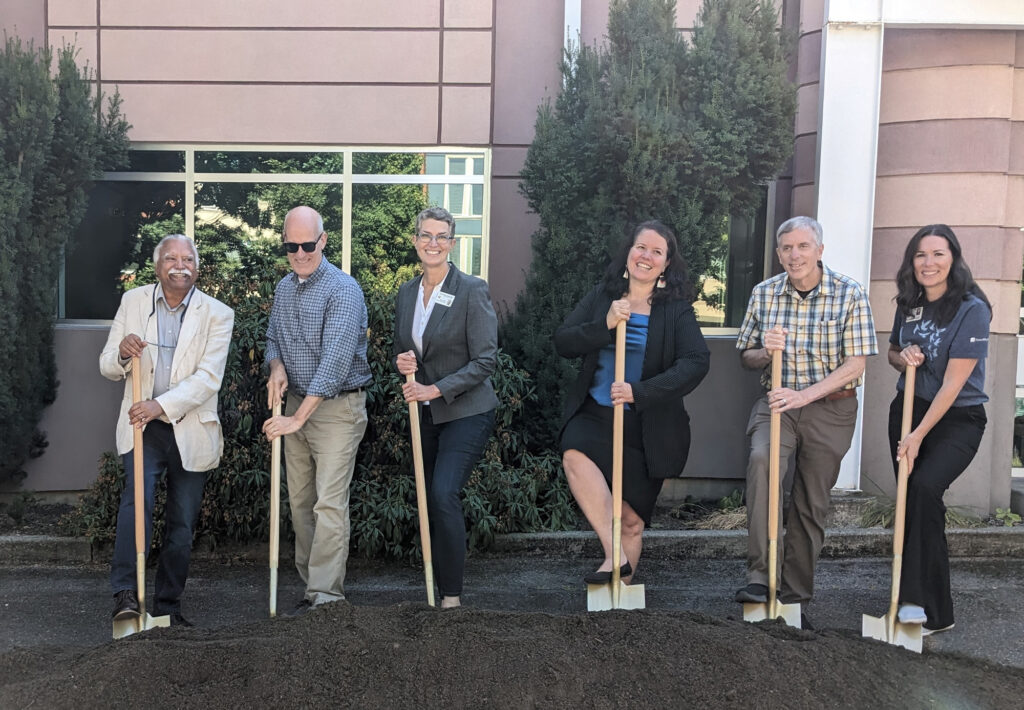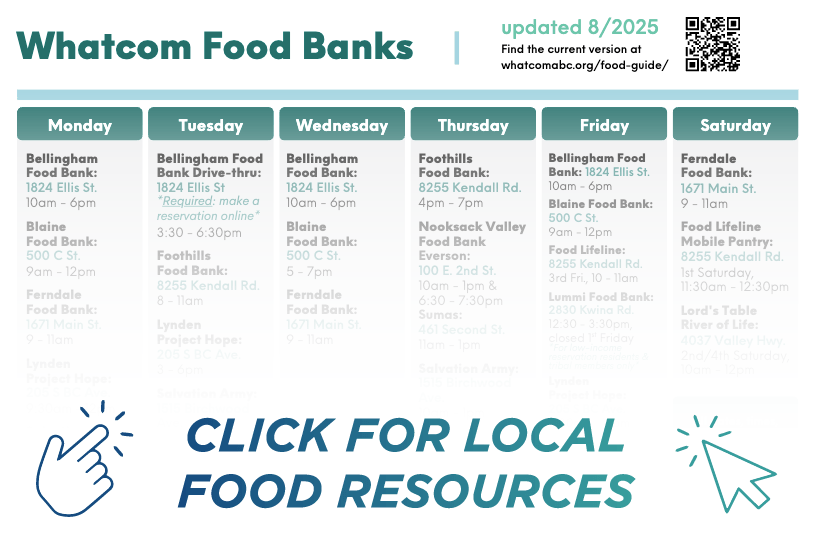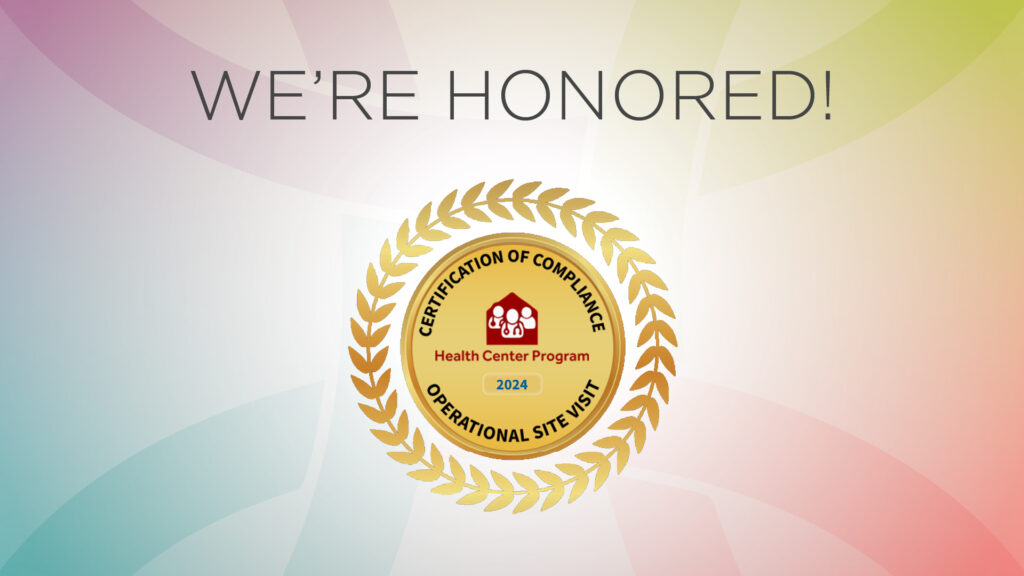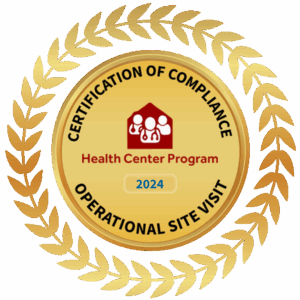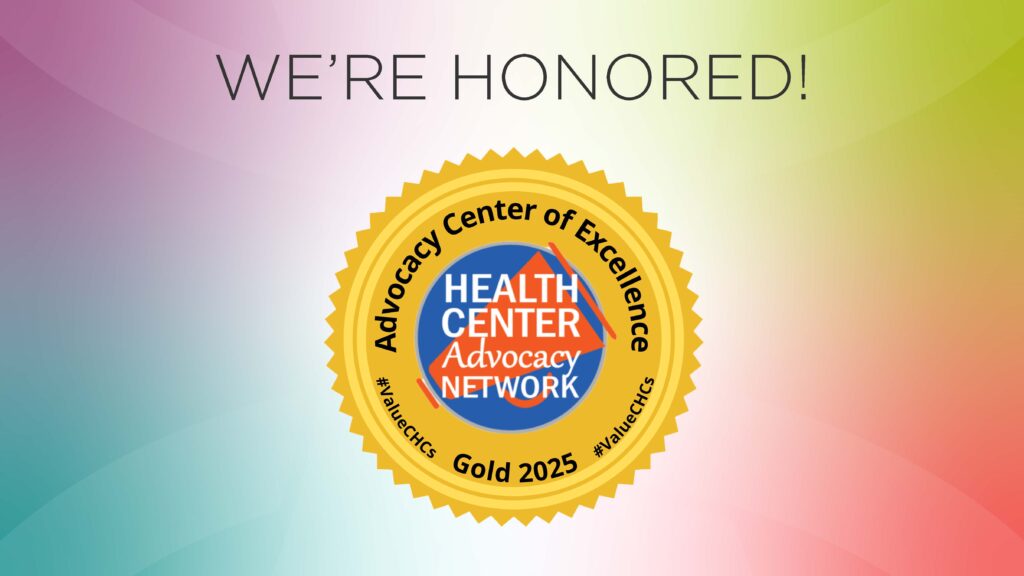A recent survey from the Washington State Department of Health reveals critical insights about young children’s health and well-being in our state. The survey, which focuses on families with children ages 6 months to 5 years, provides one of the most comprehensive statewide snapshots of early childhood and family well-being in Washington — and the findings show both encouraging strengths and concerning gaps in healthcare access.
“The Child Wellness Survey gives us insight into how young families in Washington are finding their way in a changing and often difficult world,” said Tao Sheng Kwan-Gett, MD, MPH, State Health Officer.

Children receive comprehensive care at Unity Care NW, including specialized Dental and Behavioral Health services to help in their development of resilience and problem-solving skills.
Key Findings: Family Strengths
The results show most Washington families with young children report high levels of problem-solving and resilience and generally believe their children are healthy:
- About 98% of children live in families that find ways to navigate challenges.
- About 95% of children live in families that feel able to solve problems.
- 91% of caregivers rate their child’s health as excellent or very good.
Key Findings: Ongoing Challenges
At the same time, the survey highlights significant barriers affecting families:
- About 20-30% of families report having unmet basic needs such as housing, food, and transportation.
- About 25% of families needing healthcare referrals for their children reported difficulties getting them.
- About 25% of families lack access to the childcare they need.
“The findings show young families in Washington are navigating challenges while supporting their children,” said Maayan Simckes, PhD, MPH, DOH’s Population Survey Supervisor. “They also underscore the crucial role that safe and resilient families, neighborhoods, and communities play when times get tough.”
How Unity Care NW Supports Whatcom County Families
As a community health center providing healthcare to everyone regardless of their ability to pay, Unity Care NW is part of the safety net that supports families through the foundational years of their children’s lives. Our patients receive comprehensive care — including Pharmacy and specialized children’s Dental services — all in one location. Programs like Behavioral Health and Case Management help develop the resilience and problem-solving skills highlighted in the survey.
How You Can Help
Maintaining Washington’s strong network of community health centers is essential to keeping our state’s children healthy and helping their families navigate challenges. You can make a difference in two important ways:
Make a gift to Unity Care NW today to ensure that children with unmet healthcare needs in Whatcom County can stay healthy and get the care they need when challenges arise.
Contact your state lawmakers and urge them to maintain the Medicaid pharmacy benefit as it exists today to save the healthcare safety net that families depend on. Find your lawmakers here: https://app.leg.wa.gov/districtfinder
Together, we can ensure every child in Whatcom County has access to the healthcare they need to thrive.

